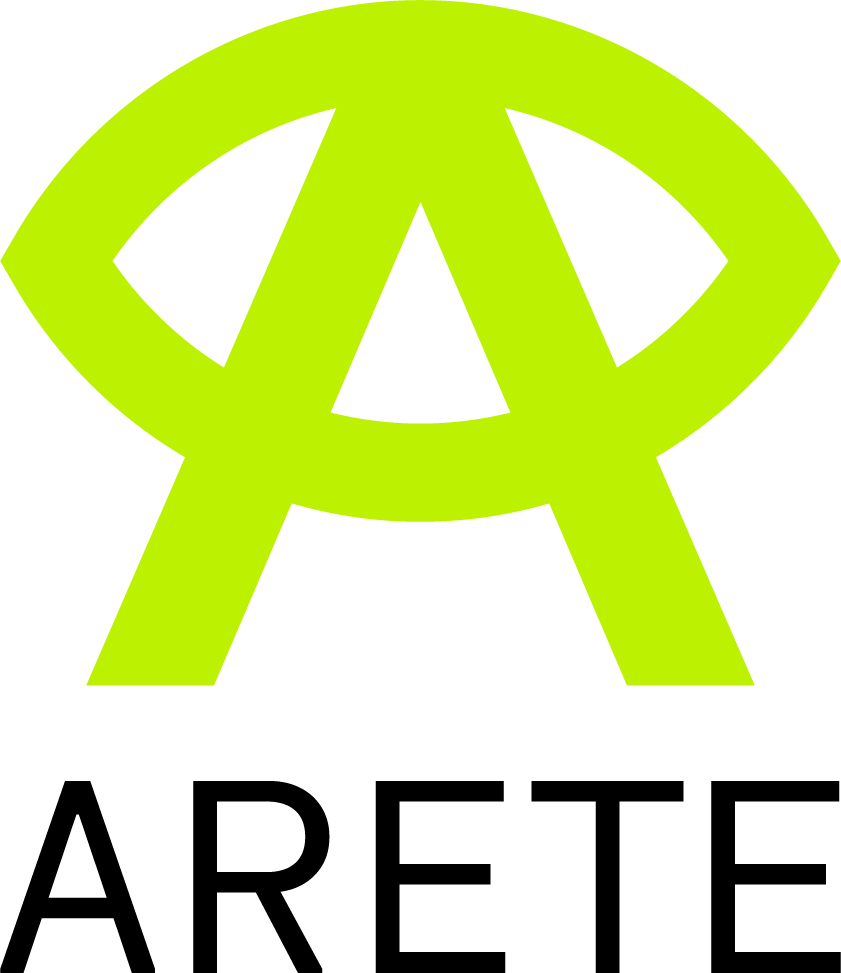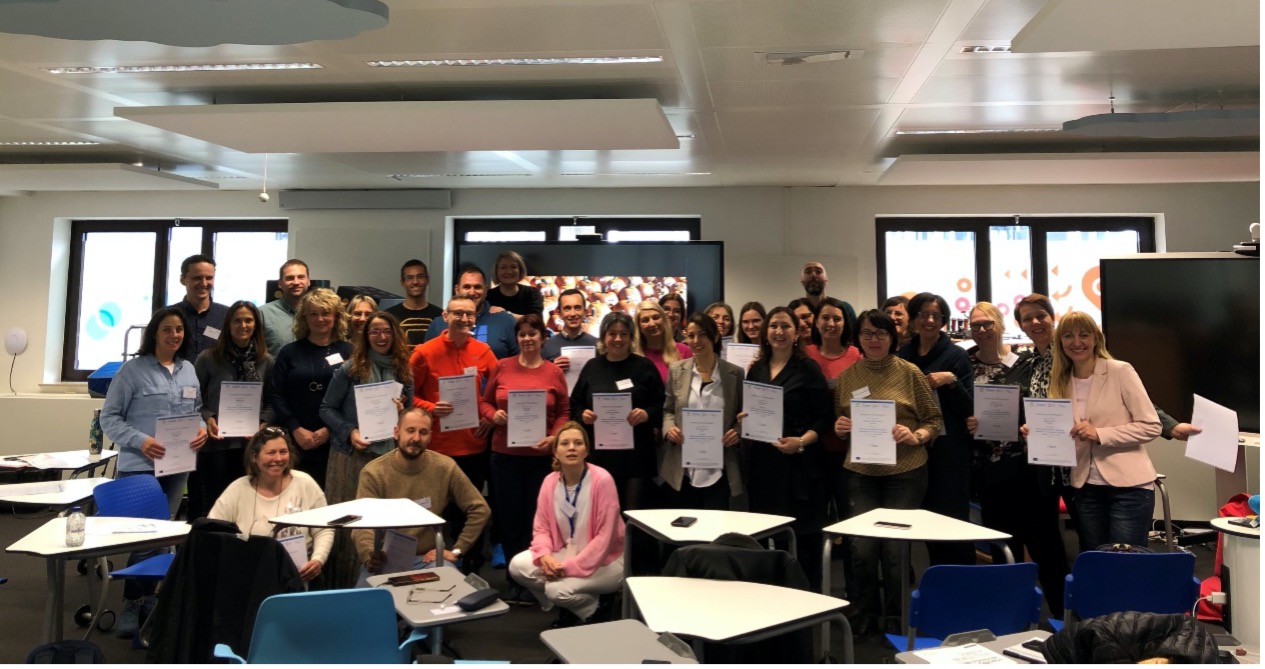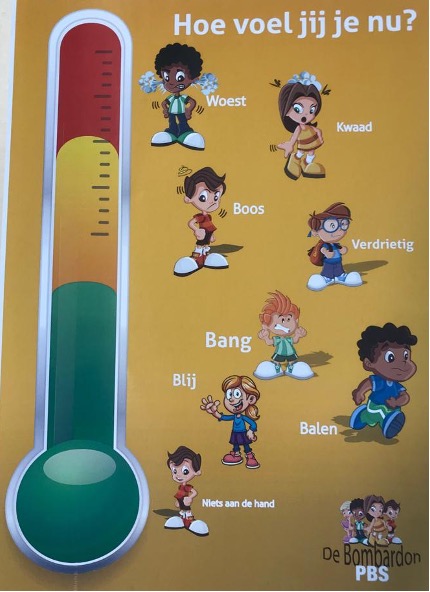XR Ethics for Education Policy Recommendation
The standards and expectations for educational attainment has risen globally although the diversification of the IT infrastructure of the public educational systems has declined and has not followed the trends of the XR advancements. The young population has advanced aspirations and expectations in terms of IT support in schools, which is essential to achieve their goals for educational attainment and their goals for learning. One of the critical issues around the articulation of the increasingly technological “demands” is the lack of awareness of the stakeholders of the standards around the new technologies.
eXtended Reality (XR) is the umbrella for Virtual, Mixed, and Augmented Reality (VR/MR/AR), relating in varying degree from the use of digital overlays to fully rendered immersive alternate views of a physical world, where objects are registered in 3D and user interaction is responsive to the user’s surrounding in real-time. XR is increasingly used in education and training to support learning, practice, or even guide performance. Standards, however, are scarce, incomplete, with existing work scattered across standardisation bodies and committees. For example, existing relevant standards work is not necessarily conducted under the auspices of learning technology standards committees but can also be found in hardware-oriented, industry-focused, or human-computer interaction sponsorship. Moreover, several existing standards applicable to learning technologies at large focus on web and mobile apps and thus fall short of taking into account specificities of the new XR medium, delivery and interaction devices, and related management and usage protocols.
Nowadays, the impact of Augmented Reality (AR) in the educational systems has been shown to be effective in various aspects. Interoperability facilitates the work of an AR educational system programmer in terms of authoring, publishing, and integration. In addition, interoperability could benefit users in subjects of discovery, sharing and consuming. Although there is a plethora of learning object metadata standards such as IEEE- Learning Object Metadata (LOM), Sharable Content Object Reference Model (SCORM) and DUBLIN CORE, there is lack of standards in terms of interoperability specification and AR educational systems’ support. Augmented Reality Learning Experience Model (ARLEM) is an IEEE Computer Society open metadata standard that supports interoperability and can additionally support augmented reality education systems and it is utilised within the ARETE H2020 project.
Within this project, we plan to identify and elaborate a comprehensive canon of standards for the creation, delivery, and use of XR learning activities and 3D learning objects for education and training. These services inform educational managers, intermediaries, and regulators (like departments of education on member state level, educational infrastructure providers, school systems) so they can systematically identify appropriate enhancing actions and ensure effective allocation of digital learning resources for the provision of education anytime anywhere. Setting of targets for education and training services and augmented infrastructure implies the ability to:
- measure the current online service provision and resilience of students & educators
- define a process to set the target for implementation of augmented reality based educational platform;
- define specific targets based on impact assessment within specific educational subjects.
Some works exist already on each of these research areas within small silo products, which lack the utilization of standardized impact assessment. Within the literature the general process of setting targets for disruptive education is scarce. Nevertheless, given the relevant SDOs with existing ICT technical scope we have identified European Telecommunications Standards Institute (ETSI), International Organization for Standardization (ISO), IEEE and CEN as the most relevant to our work. The Standardization Bodies, consist of many Technical Committees (TC), which deal with different areas of interest, and each Technical Committee (TC) may have a few Subcommittees (SCs) or Working Groups (WGs) according to its need.
More specifically, the ARETE project coordinator (Prof. Eleni Mangina) as Chair of the IEEE XR Ethics report (7 chapters so far in 2021) has worked within IEEE Standards Association (IC – Industry Connections) – The IEEE Global Initiative on Ethics of Extended Reality (XR)[1]. Prof. Mangina is the Chapter leader on “XR Ethics of Education” with 42 recommendations identified. The report is accessible open source at the following links:
https://ieeexplore.ieee.org/document/9650798
https://ieeexplore.ieee.org/stamp/stamp.jsp?tp=&arnumber=9650798
The goal of this Industry Connections activity is to continue and proliferate the existing efforts of The IEEE Standards Association focused on the ethical issues related to XR as outlined in the Extended Reality chapter of Ethically Aligned Design[2] while inviting Working Group members from the multiple standards Working Groups focused on augmented and virtual reality and the spatial web and additional subject matter experts from industry and policy to create white papers, workshops, and Performance and Accountability Reports (PARs) related to this work to ensure these technologies move from perilous to purposeful.
On 14 October, 2021[3], the IEEE’s Global Initiative for Ethical Extended Reality hosted a policy-focused digital event that brings together expert voices to explore issues surrounding extended reality in education. The event looked into “AR in the classroom” and “VR as the classroom”, highlighted work from the multidisciplinary ethics initiative addressing various policy aspects of XR-and-education, and will feature expert voices and practitioner commentary. Featuring speakers whose expertise bring together a wide range of policy perspectives, the event provided an opportunity for an immersive discussion of considerations for an important use case of emerging technology in the public sphere. Ellysse Dick, of the non-profit Information Technology and Innovation Foundation; Victoria Copeland, a researcher and fellow at University of California, Los Angeles; Prof. Eleni Mangina, who is a member of the Global Initiative’s Executive Committee and Chair of XR Ethics report and XR-in-education expert at University College Dublin (UCD) who coordinates multiple European funded projects; as well as Prof. Fridolin Wild, of The Open University, and one of the main driving forces behind the XR-in-education focused ARLEM metadata standards.
ARETE Consortium is working with the Spanish Association for Standardization, UNE on a CEN/CENELEC WSA with title “eXtended Reality (XR) for Learning and Performance Augmentation” (XR-LPA) to take place in 2022.
[1] https://standards.ieee.org/industry-connections/ethics-extended-reality.html
[2] https://beyondstandards.ieee.org/prioritizing-ethical-considerations-in-the-design-of-autonomous-and-intelligent-systems/
[3] https://engagestandards.ieee.org/XR-In-The-Classroom-Registration.html



